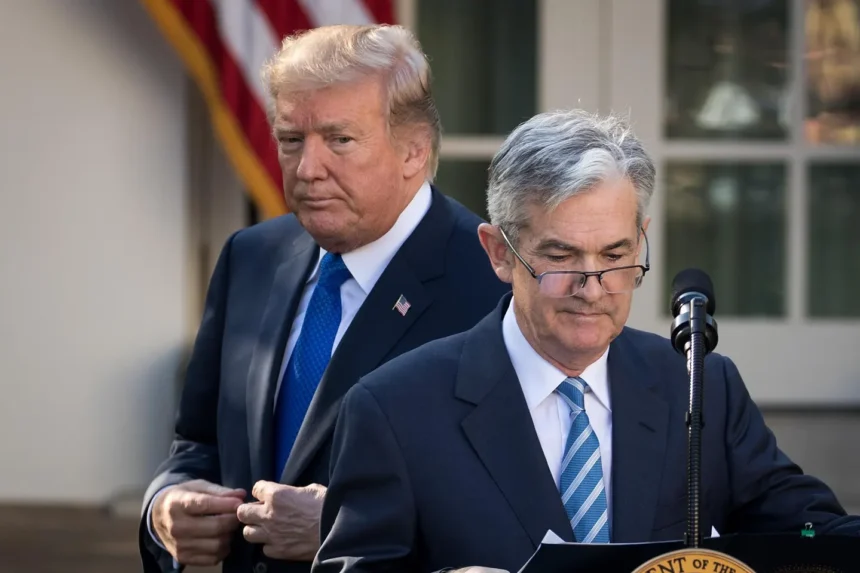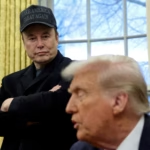Federal Reserve Chairman Jerome Powell has stated he will not step down if President Trump requests his resignation, asserting he has no obligation to leave before his term ends in 2026.
Key Facts
- Refusal to Resign: Powell made it clear on Thursday that he would not step down if Trump asked him to, saying he felt no requirement to comply with such a request.
- Legal Ambiguity: Firing the Federal Reserve chairman is a legal gray area, as there is no statute defining whether a president has the authority to remove the Fed chair. Previous presidents have determined they lacked the power to fire someone from this position.
- Historical Precedent: No president has ever attempted to remove a Federal Reserve chair, so the authority to do so remains untested. However, a senior Trump adviser reportedly stated that Trump is unlikely to attempt to remove Jerome Powell during his remaining term.
- Expert Expectations: Federal Reserve experts, including those from MarketWatch, do not anticipate Trump will attempt to fire Powell.
Recent Fed Policy Changes- Jerome Powell
The Federal Reserve recently reduced the federal funds rate to between 4.5% and 4.75%, marking the second rate cut in recent months after an extended period of rate hikes to manage inflation. Economists are now watching for potential policy shifts during Trump’s upcoming term, particularly his proposed tariffs, which may influence future rate cuts.
Background on Trump-Powell Tensions
Powell, initially appointed by Trump in 2017 and reappointed by President Biden in 2021, has faced repeated criticism from Trump, especially regarding interest rates. In 2018, Trump considered replacing Powell after the Fed increased rates, and in 2019, he labeled Powell an “enemy” amid disagreements. Trump has previously argued that he had the power to remove Powell, claiming in 2020 that Powell had made poor decisions. Powell has reiterated his commitment to serving out his term.
In August, Trump expressed that the president should have influence over interest rates, contending that his economic intuition was superior to that of the Fed or Powell.









